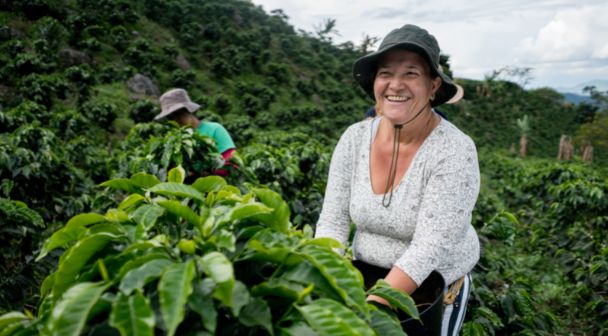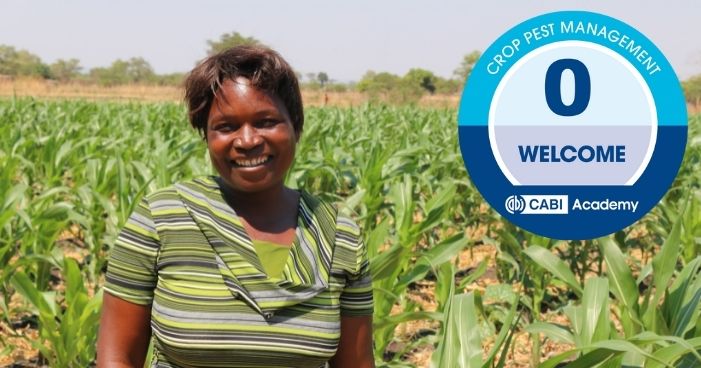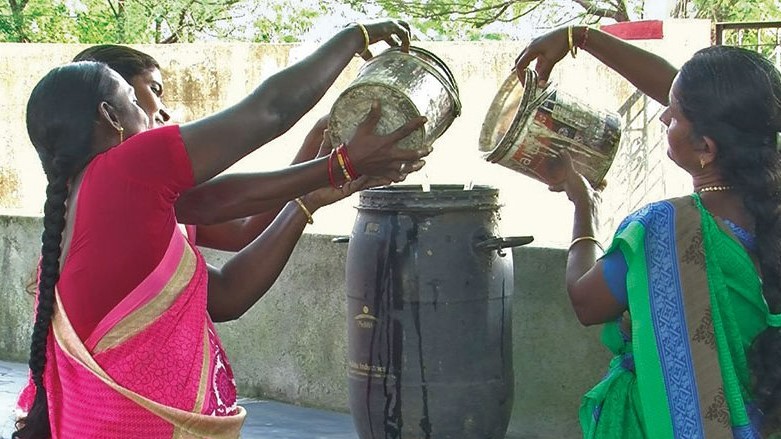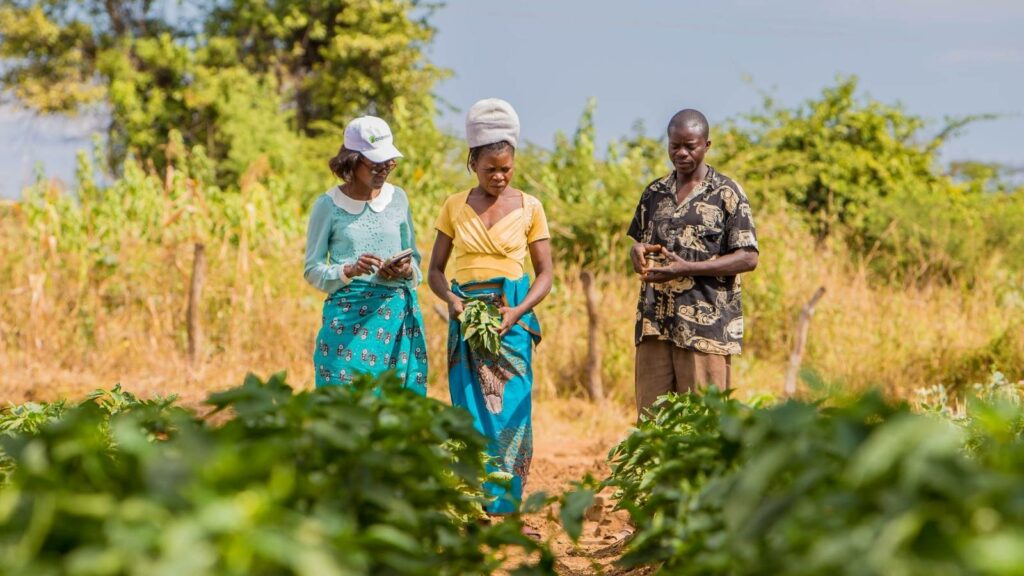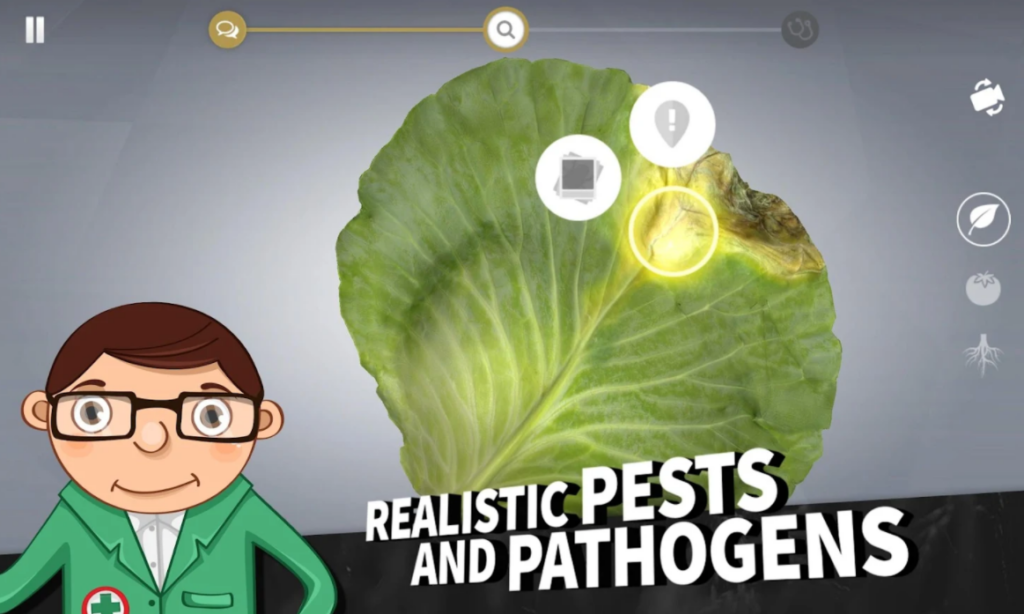Apply now for an online course on Integrated Crop Management
Applications for two new Certificate of Advanced Studies (CAS) in Integrated Crop Management (ICM) are now open. CAS 2: ICM – Aspects of Implementation and CAS 3: ICM – Biological Control and Ecosystem Services, are the latest courses launched as part of a set of online programmes developed and run by CABI and the University…
Free CABI Academy eLearning courses for extension providers available in Rwanda
CABI’s new digital learning platform, the CABI Academy, is now available for free for users in Rwanda. The digital courses are designed for agricultural extension and advisory service providers. They provide important practical advice and resources to participants to grow their knowledge and provide the best possible advice to farmers.
How Plantwise plant clinics supported a women-led cottage industry in India
In 2003, twelve women in Chokkalingam Puddur village started a local biocontrol agent production unit. The Ellya Thendral women self-help group produced and marketed five different types of fungal biopesticides. Their cottage industry received a boost when a Plantwise plant clinic was established in their village. CABI’s Plantwise programme partnered with M S Swaminathan Research…
Digital advisory tools in the hands of women agricultural service providers
Smallholder farmers across the world need access to advisory services to support them in managing pest and disease issues on their crops. As part of its PlantwisePlus programme, CABI is developing and promoting digital advisory tools to increase access to the information that farmers need to adopt safe and effective agricultural practices. One of the…
Digital learning courses available for free in Bangladesh
CABI’s new digital learning platform, the CABI Academy, is now available free for users in Bangladesh. The digital learning courses are designed for agricultural extension and advisory service providers. They provide interactive exercises and resources to help participants grow their knowledge, so they can deliver the best possible advice to farmers.
PlantwisePlus and the Sustainable Development Goals
The sustainable development goals (SDGs) are the outline to achieving a better and more sustainable future for all. The 17 goals aim to address challenges relating to poverty, inequality, climate change, the environment, and peace and justice. A number of these global goals are central to CABI’s PlantwisePlus programme.
Crop App Index: An easier way to find plant health digital tools
The Crop App Index website helps users to find crop health-related digital tools that support their decision-making. An exploration of available crop-related digital apps showed that there are thousands of plant health websites and apps. However, narrowing down search results to find relevant information is tricky and time-consuming for users. CABI has developed the Crop…
Simulation app for improved plant-health diagnosis skills
CABI’s simulation app Pest Diagnostic Simulator allows users to test their plant pest and disease investigation and diagnosis skills through multiple scenarios, reinforcing investigation and diagnosis skills through engaging gameplay and real-time feedback.
PlantwisePlus most read blogs of 2021
As 2021 draws to a close, we have crunched the numbers and present the most read articles on the PlantwisePlus Blog this year. Plus a few firm favourites. Articles on the launch of PlantwisePlus were some of the most read during 2021, as were those covering the work Plantwise continues to do on the ground…

